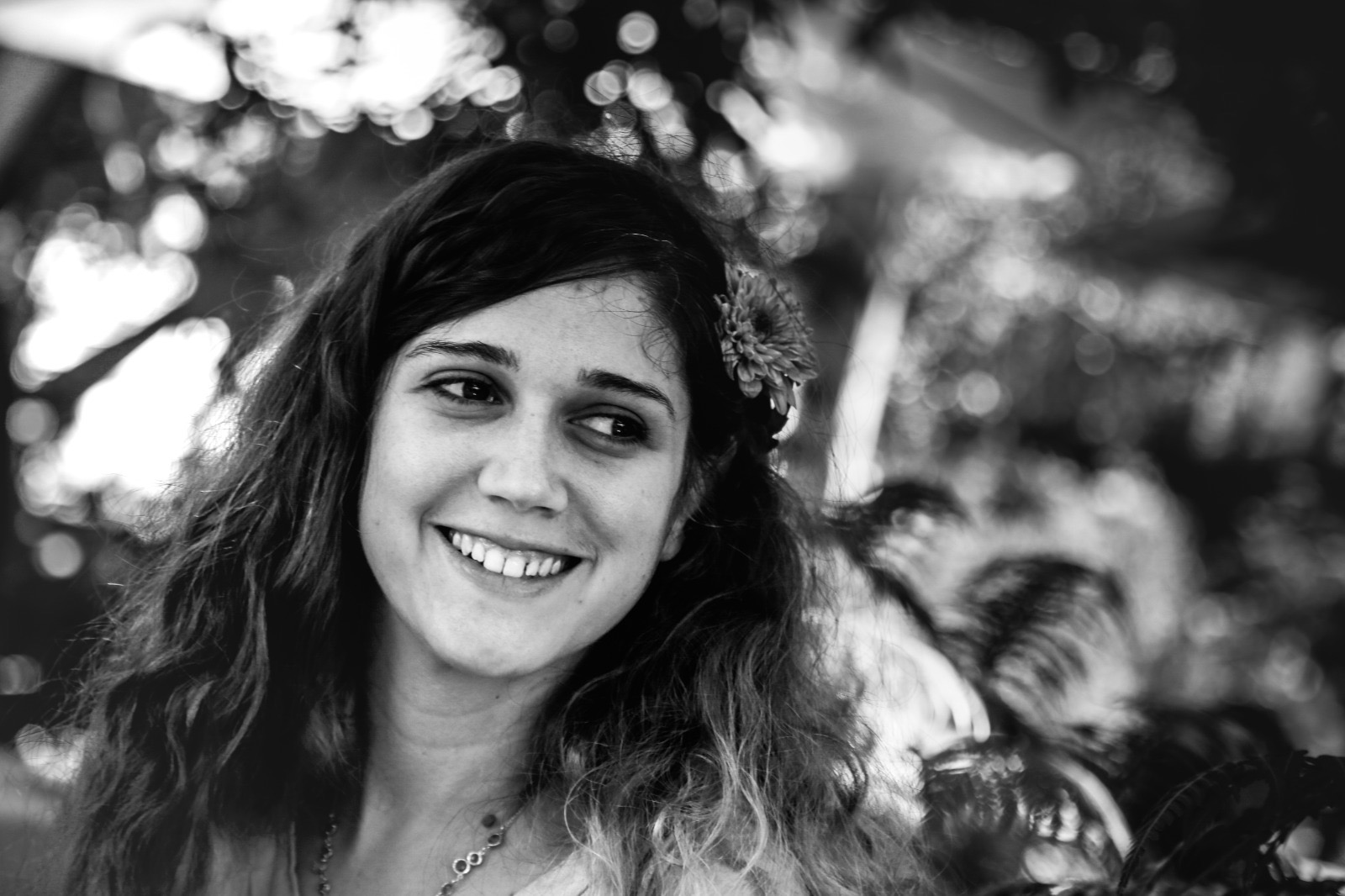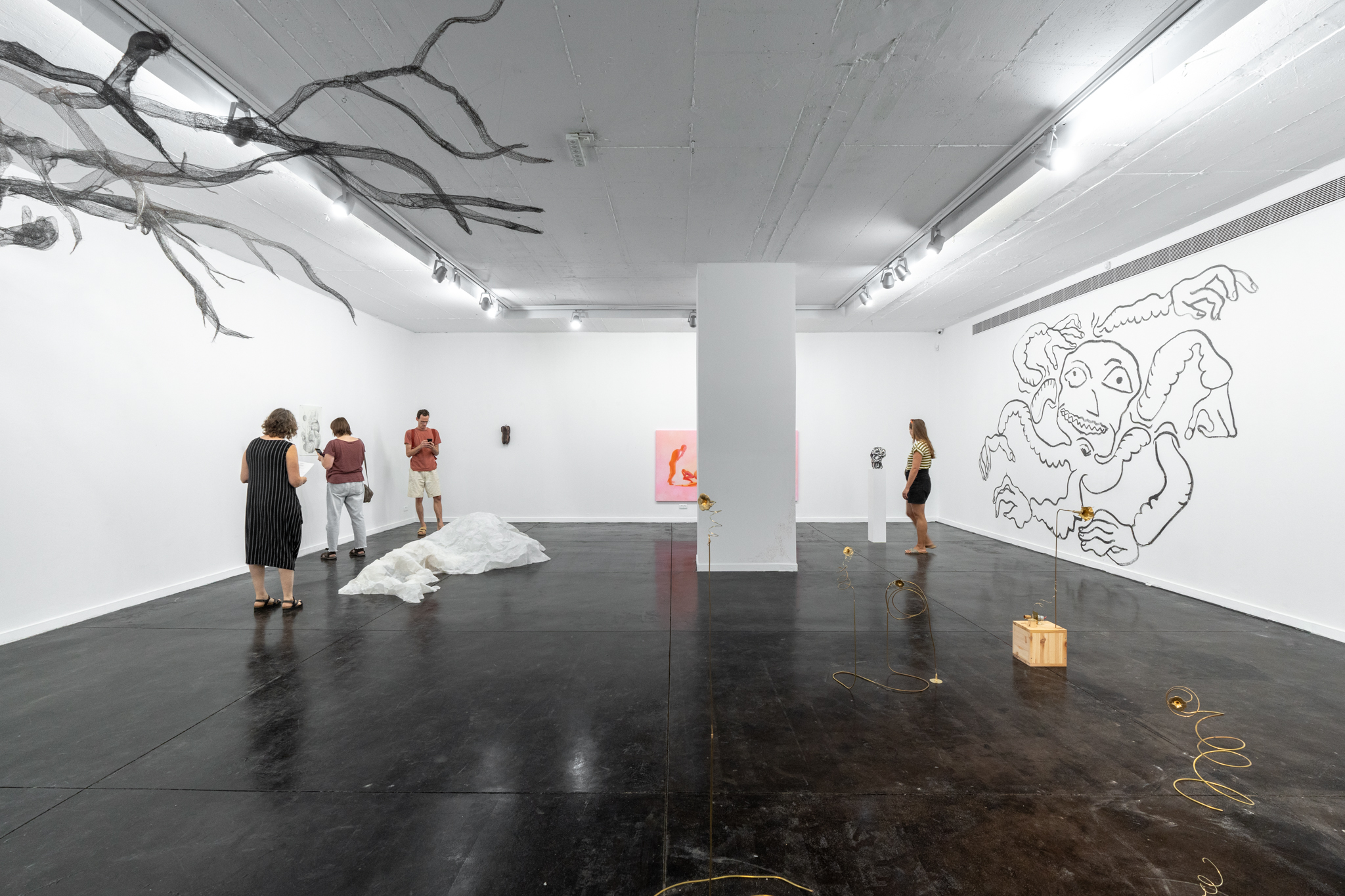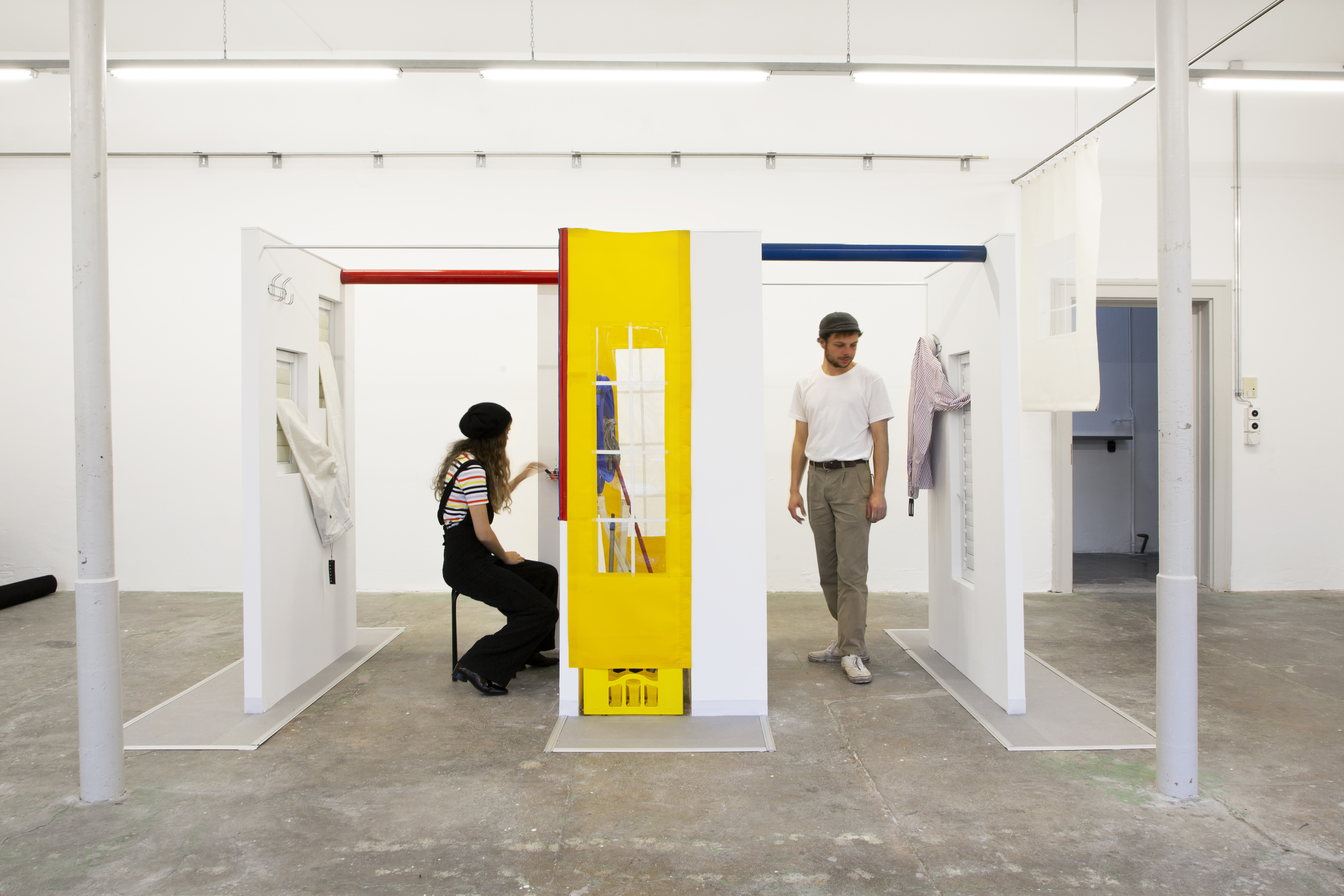Maya Bamberger
︎

Maya Bamberger is an independent curator and learner based in New Haven, CT.
From 2019 to 2023, she worked as the curator at RawArt Gallery in Tel Aviv, where she curated numerous solo and group exhibitions, including Noam Toran’s “We Crave Blood” (2023), Keren Gueller’s “Wet Collection” (2022), and Dov Heller’s “Nirim” (2021). She also spearheaded “Shuttle Project” (2020–2022), which supported emerging artists at the beginning of their careers and led and produced Tel Aviv Gallery Weekend 2020. Maya has curated significant independent projects, including “Understandable Misunderstanding: How to be with art?” (2024), an online group exhibition, and Hilla Toony Navok’s “Choreographing the Public: Rolling Rooms” (2020) at OnCurating Project Space in Zurich.
Maya holds a Master of Advanced Studies (MAS) in Curating from Zurich University of the Arts (2021) and a BA in Art History and Cognitive Science from the Hebrew University of Jerusalem (2017), yet her primary teachers are the artists she collaborates with. She was a 2024 cohort member of the School of Commons and recently initiated and edited the inaugural issue of Shoket magazine for curating (2023). She has also participated in several residencies and fellowships, including Residency Unlimited, New York (2025), Hello New York by the Curatorial Program for Research (2025), Triangle, New York in collaboration with Artis (2021), and a fellowship with the Alma program from (2021-2023).
Curatorial Statement:
I approach curating as a social practice, developing ways of being with art that resist its disciplining into art history. I work closely with artists, with a focus on emerging and underrecognized voices, to form temporary research communities. Through an ecology of joint spectatorship in the studio, active listening, theory reading and welcoming vulnerabilities, antagonism, and failures we invite reciprocal influence to surface organically.
Concerns driving my work include staying with the unknown, sustainable caring infrastructures for artists and societies, relationships between subjects and objects, decolonization and Jewish culture. The geopolitics of the Middle East, and urgently, the genocide of Palestine, catalyze a reckoning with the effect of artistic and curatorial actions in the shadow of catastrophic violence: the danger of reproducing it, or of generating illusory representations of change. The core question driving my work is if and how the curatorial space can become a site for co-inhabiting and co-fabulating the "not-yet"—a third space where relationships are not bound by essentialist structures of domination but can be formed otherwise.
To escape the regime of cognition, I practice scores by artists, learning and unlearning with my body. My writing aspire to support art’s potent force in transforming relational dynamics between objects and subjects, addressing not an already oppressed and alienated audience, but future community.
︎ ︎ ︎newsletter




